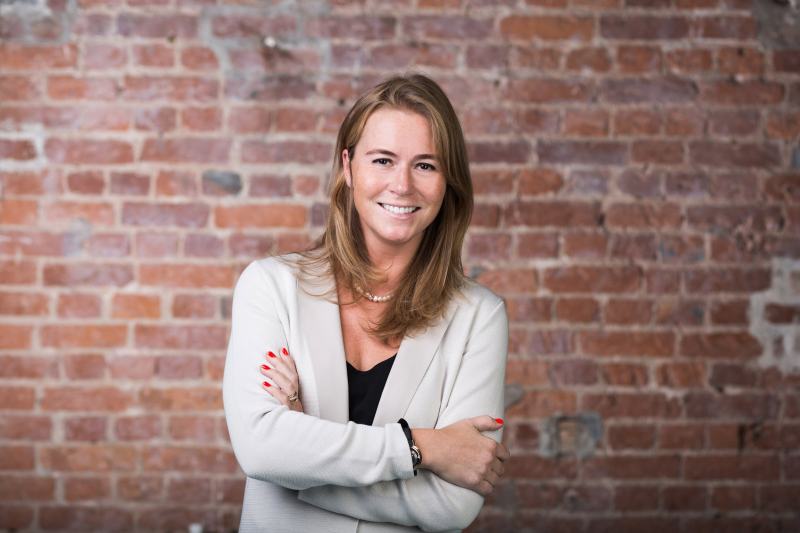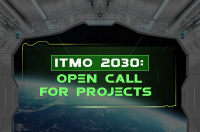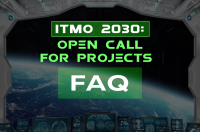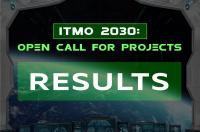Who would you like to join the contest?
As stated in the concept and specifications of the open call, we are looking for students, employees, researchers, and administrators – and not only from ITMO University. I don’t rule out the possibility that a great team from another university or some company will express their wish to join us on this journey. In fact, we would love to see more external teams because the university grows with new people.
I also hope that the Priority 2030 program will help us put students in the lead. We will be happy to see our student teams, too, especially those who will decide to pursue their careers at their alma mater. At the moment, about 13% of our 14,000 students are employed at ITMO, and we want this number to reach 30% by 2030. It’s not only about the fact that students have quick and keen minds but they are also immersed in the tasks at hand as they are themselves the subjects of the university’s development and culture.
How would you describe a perfect team?
They should be led by a researcher or a specialist who has already implemented projects successfully. There also should be an international co-head who can help avoid recreating studies that have already been done and stay up to date on what’s going on worldwide. Plus, we’re a global university and it’s important for us to develop internationally. The team’s executors should be 10-15 Master’s and PhD students.
That is, the perfect team should be made up of older supervisors with a background and reputation who can help and consult their younger colleagues and students who are eager to grow, implement their ideas, and work well to become great specialists.
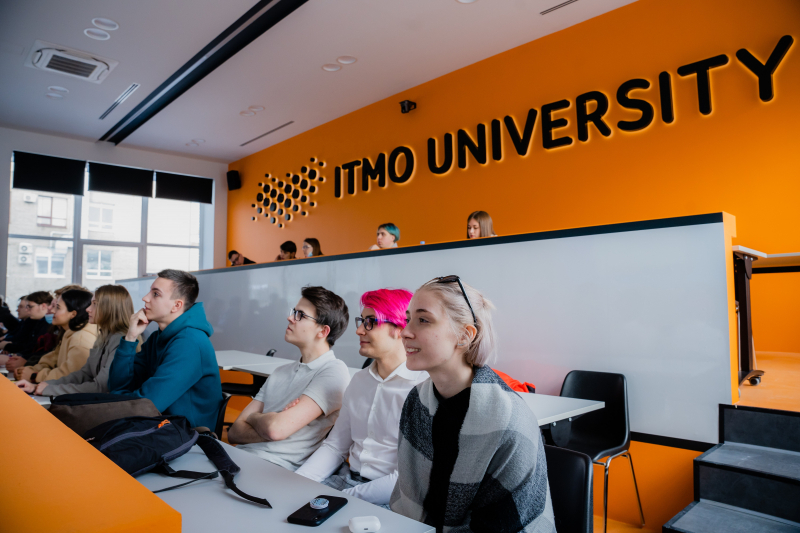
Credit: ITMO.NEWS
What projects are a definitely YES?
As I am a true advocate for education and new formats, I would love to see our colleagues proposing novel approaches and technologies for education quality assessment. The thing is, the current assessment system is quite outdated and inefficient, and I think ITMO has already left bureaucracy behind.
The new education assessment system may utilize big data and indirect feedback. Perhaps, there will be Telegram bots that will help us get feedback on courses or special tools for the analysis of students’ emotions during lectures.
And how will participants benefit from the contest?
First and foremost, it is an amazing chance for them to fulfill their projects from start to finish. Basically, we are like a venture fund that gives the very first financial support to implement an idea. Then, teams will have to look for other sources of funding and communicate with partners on their own. Yet we provide the opportunity to work at full capacity at early stages and support the projects during their first years.
At the same time, the university does not act behind the curtains, on the contrary, we stand by collaboration and expect our projects to be open for all and their results to be replicated at other universities and organizations.
Speaking of industrial partners, they will receive many benefits, too. ITMO University reached a stage when it’s impossible to implement our ideas by ourselves. We need the support of SberBank, Gazprom Neft, and major IT companies because they have data, resources, competencies, and relevant cases.
What they need from us are competent specialists. Of course, it’s more profitable for companies to get involved while their future employees are still studying than to look for specialists online and reteach them. Moreover, we help our partners develop solutions for the most relevant tasks they have.
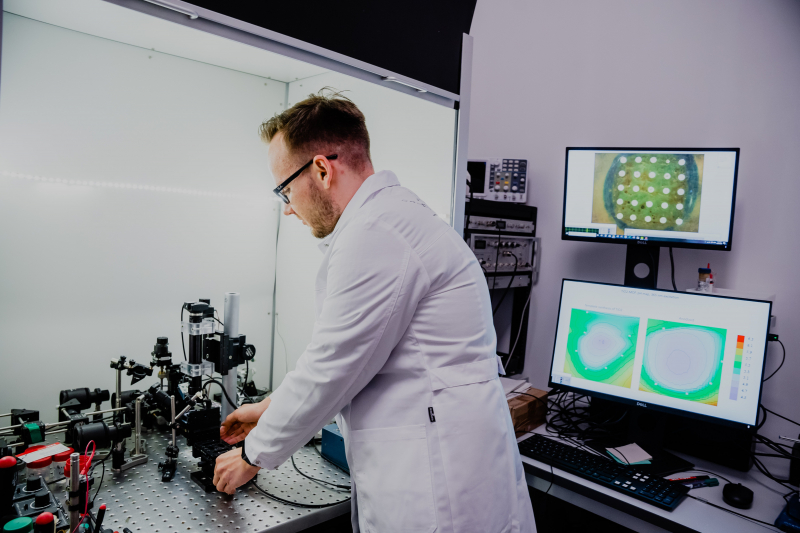
ITMO's Infochemistry Scientific Center. Credit: ITMO.NEWS
One of the contest’s tracks focuses on the development of frontier laboratories. Does it mean that we should expect new fields of science to appear at ITMO?
Yes, but it’s also possible that the already existing ones will be given a new life. There are many fields that can be pursued at the university: for example, life sciences. We have a certain background in this field but the number of opportunities is even greater. Eight years ago, there was no chemical, biological, or interdisciplinary research at ITMO. But then, we invested our time and resources to embrace new teams in these fields, which then became an integral part of our university.
Another field I’m inspired by is digital humanities, namely digital technologies in humanities and art. I want to believe that ITMO has a large potential in these fields. Though today, humanities students may not consider ITMO for their degrees, I hope that five years from now things will change and they will understand why they should apply to ITMO.
And my personal dream is to develop mathematics more actively. My colleagues and I also discuss neuroscience and education – it’s a fantastic field that is not developed at ITMO yet.
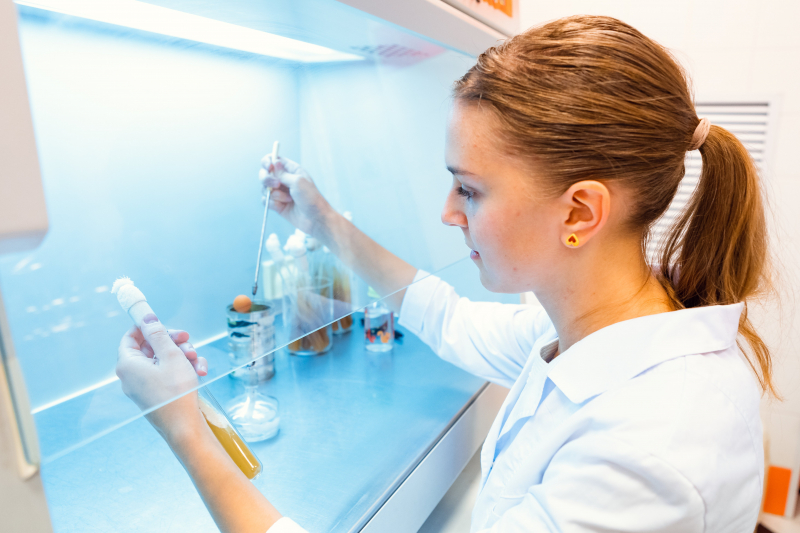
A student at the Faculty of Biotechnologies, part of ITMO’s School of Life Sciences, at the laboratory. Photo courtesy of Dmitry Grigoriev, ITMO.NEWS
Why is improving the quality of life and boosting happiness important today? And why did the mental and physical well-being of ITMO.Family become the university’s top priority?
The pandemic made us all go online. That’s when we realized how important interpersonal communication is. When we reopened after working remotely for a while, we saw happy students and lecturers returning to our campuses. Universities aren’t only about studying, they’re also places for communication. That’s why we pay a lot of attention to spaces for communication, interaction, relaxation, and hanging out. We’re creating a university for people. We want our staff and students to know that this isn’t just a place to do their duties but also to develop in all kinds of ways. The university should be not only a place for work and studies – this is an outdated concept – but also a place for recreation, communication, personal growth, sports, and so on.
What do you think would make ITMO.Family happier? And what projects could help to achieve this goal?
There are, of course, things we should work on. For example, we have a lot of sports activities for students but not so many for employees. Plus, I feel like we should offer more opportunities besides professional growth. I’m sure that our colleagues want to learn how to paint, sing, dance, and so on, and we should help them. The more creative our staff is, the happier everyone will be.
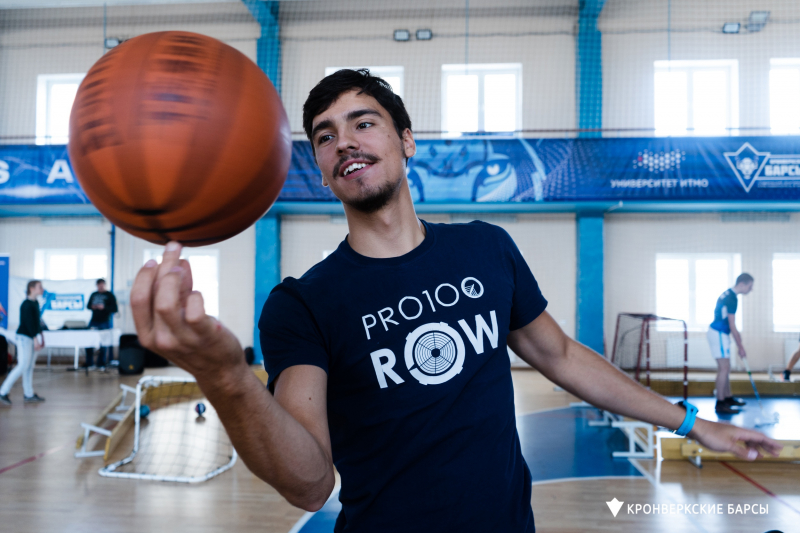
ITMO’s Bars Arena. Credit: vk.com/kronbars
We have a lot of ideas for projects at the intersection of emotional intelligence and IT. In particular, there are more and more recommendation systems in our lives – and we feel like our competencies might come in handy here. For example, we are developing recommendation systems on what courses to choose. Other than that, we can also analyze students’ emotions and moods, their locations, activities, lighting in their classrooms – and suggest services accordingly.
We also have a big potential when it comes to recommendation systems for a healthy and conscious lifestyle. We’re interested in them because our first-years often have a hard time making choices because at school everything was chosen for them. They’re afraid of making mistakes and taking responsibility. So we have a big list of tasks at the intersection of education and conscious lifestyle.
The open call gives a lot of attention to the dialog between the university and the city, including open education, citizen science, and public welfare. Why would ITMO be involved in these fields and take on an added responsibility?
We’ve always associated ourselves with St. Petersburg. We even had a slogan – “(St. Petersburg is – Ed.) the home of ITMO University.” The university is a part of the urban culture and the local cultural code, so we think we couldn't possibly branch out to other cities.
We create many of our projects based on our location and the specific needs of St. Petersburg. For example, we have a project meant to fight floodings. We also participate in the city’s development plans. Our second campus – ITMO Highpark – is a major project that aims to develop not only ITMO but St. Petersburg overall. I’m certain that it will become a tourist attraction that will be popular among locals, too. ITMO Highpark will join the Hermitage and the Russian Museum on the list of must-sees in the city.
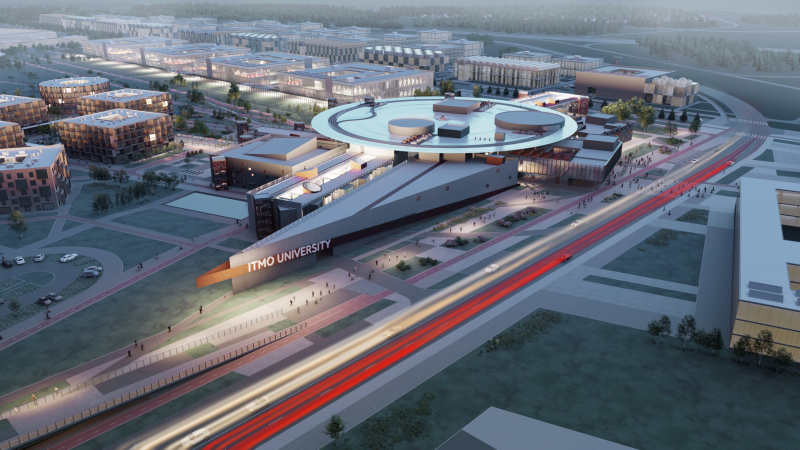
A concept design of ITMO University's second campus in the Yuzhny satellite city. Credit: Studio 44
It’s important for us to play an active role in urban development. For example, there’s now a tendency to digitize tourist services – and we should contribute to it, because we have ideas, projects, and students who care. If there’s a discussion on the provision of quick access to medical transportation – we offer our resources once again. I feel like a university that is a part of the city’s development is a more powerful institution than a self-centered one.
Moreover, the Open-Source University program states that we don’t need research just for the sake of it. We need inventions that can be appreciated by people. We want to focus on projects with high technology readiness levels (TRLs) so that consumers would know that these are ITMO’s initiatives and we make peoples’ lives better.
There are many intersections – I can’t even tell who’s to gain more, the university or the city. It’s a win-win situation.
